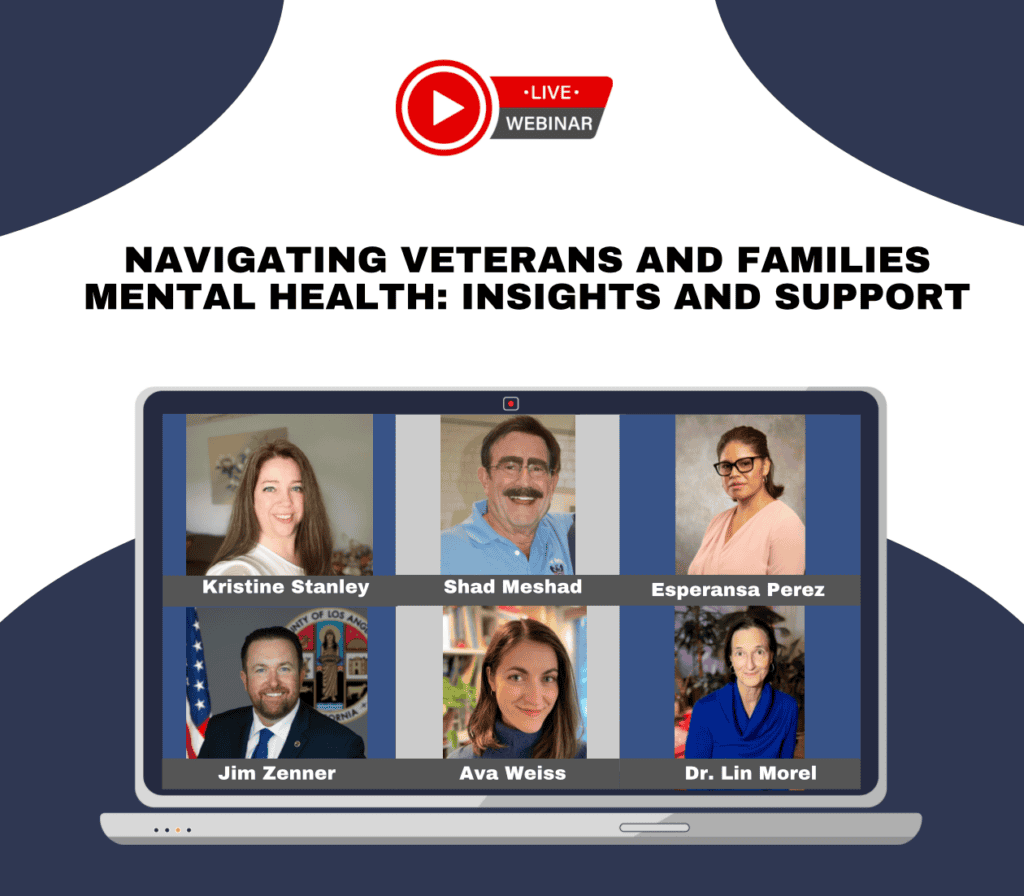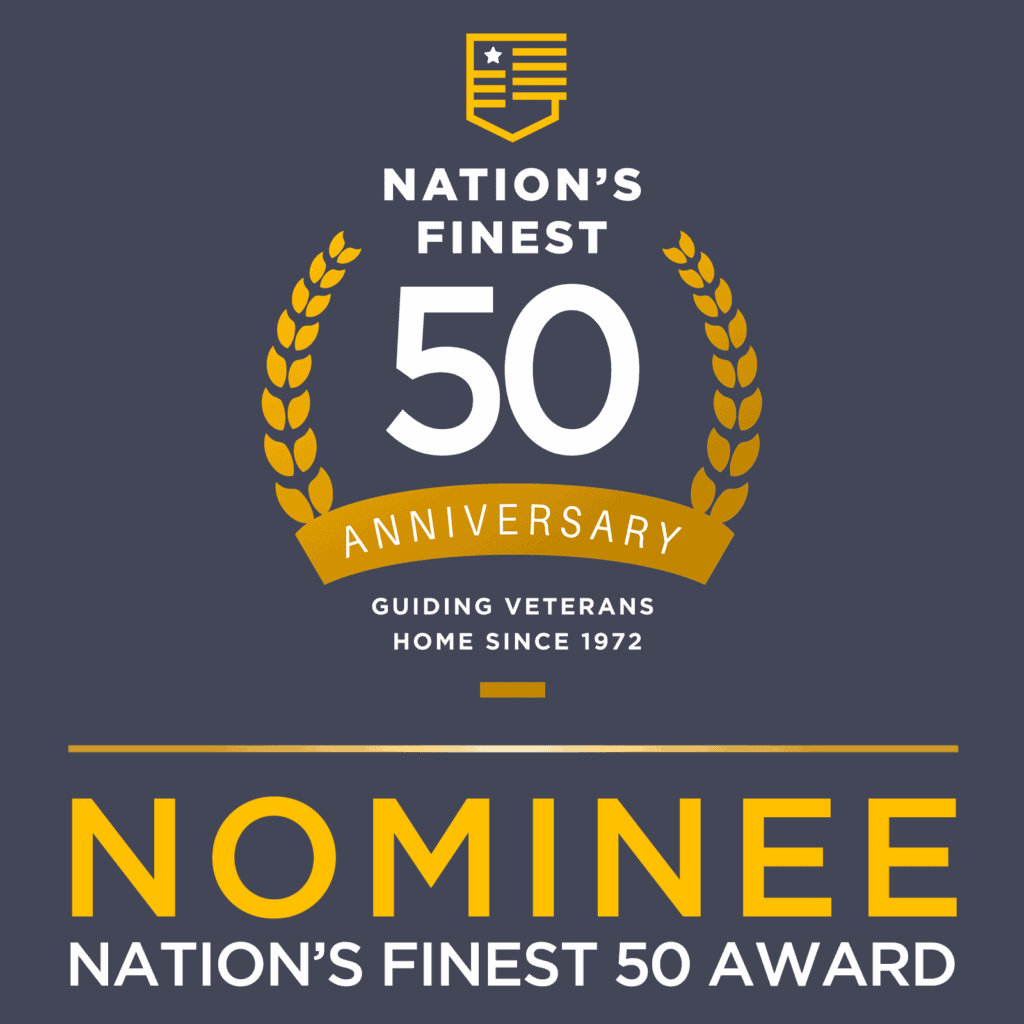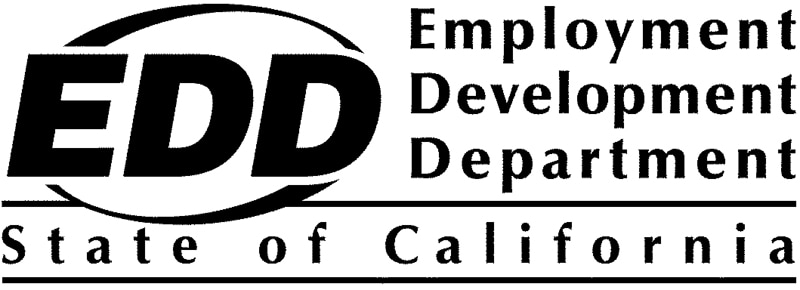Collaboration Results in a New Tool to Help Prevent Suicide
When I first started working with veterans, it had to be face-to-face. So I spent a lot of time finding them where they congregated in the city or withdrew to encampments, both in Los Angeles and in the Santa Monica mountains. The mobile phone broke through that barrier. Vets could contact me wherever I was, at all times of the day and night. With the internet, the net widened even more. The NVF’s Lifeline for Vets could be accessed through email and chat. Phone apps like PosRep (for position report) made it easier for vets to find each other in cities and towns where they live. That helped cut the isolation many returning vets feel. Social media took that a step further. And now, for the first time, we are sort of reverse-engineering social media to identify vets who are in trouble.
The National Veterans Foundation is partnering with Zenti, Inc., a software development company , and Dr. Joe Franklin, director of the Technology and Psychopathology Lab at Florida State to tackle the epidemic of veteran suicide by using the best on-the-ground expertise with machine learning intelligence and cutting edge psychological research.
Zenti has donated the use of their software along with the development resources to tailor it for the NVF. This was following two years of development of the Zenti machine learning algorithm, which is able to identify and understand human emotion and intent. Lead by Steven Cracknell, Zenti’s CEO, they have created a unique software solution that allows a subject matter expert to easily create and train their own classifier to identify content of interest.
The project will make it possible for us to reach out to veterans who might be expressing suicidal ideation on social media. We believe that reaching them before they make that last phone call to a friend, family member or a crisis hotline will help us bring down the number of vets who turn to suicide. You know the statistics…from 22-25 a day we’re now at 20. Early detection and intervention are the most successful means of suicide prevention. However, identifying symptoms and providing timely outreach remains an ongoing challenge. We’re excited to have a new tool to catch those symptoms, to reach out to veterans early enough to make a real difference.
Prior to our collaboration, Zenti and Dr. Joe Franklin had worked to identify keywords and phrases that people who are at risk for suicide or self harm might express. Our Lifeline for Vets staff continues to train the software to identify at-risk veterans specifically.
As in all our work, the privacy of veterans is a top priority for us. Each veteran’s information is kept confidential. Our goal is to get them on the phone or in a private online conversation one-on-one with another veteran who is trained to provide them with the help they need.
One thing we’re learning is that Veterans can be a lot more subtle about the signals they put out when they are depressed (or having other issues related to PTSD), compared to high school or college students, who can be pretty direct about their issues. Yet even during the “training” process we’ve found and been able to reach out to individual vets who are struggling with VA benefits, PTSD symptoms, depression and other adjustment issues. We will be concentrating on broad proactive outreach to make these vets aware that the Lifeline for Vets is here to provide vet-to-vet readjustment services, and that they can call and get assistance with any issues they may be having.
Also, oftentimes it’s not the veteran but the veteran’s spouse who is speaking out about issues a husband or wife is having. As a natural expansion of the project, we’re including people who are likely to be veterans or spouses of veterans. By broadening our scope and using this new tool to identify at-risk veterans, we hope to bring that suicide statistic right down to zero, or as close to that as we can.
If you know a veteran who needs help, here’s our Lifeline for Vets number: 888.777.4443
You can be a part of our mission to help Veterans by making a tax-deductible donation!
About the Author
SUBSCRIBE TO OUR BLOG AND NEWS!
By submitting this form, you are granting: NATIONAL VETERANS FOUNDATION INC permission to email you. You may unsubscribe via the link found at the bottom of every email. (See our Email Privacy Policy for details.)
Related Posts





